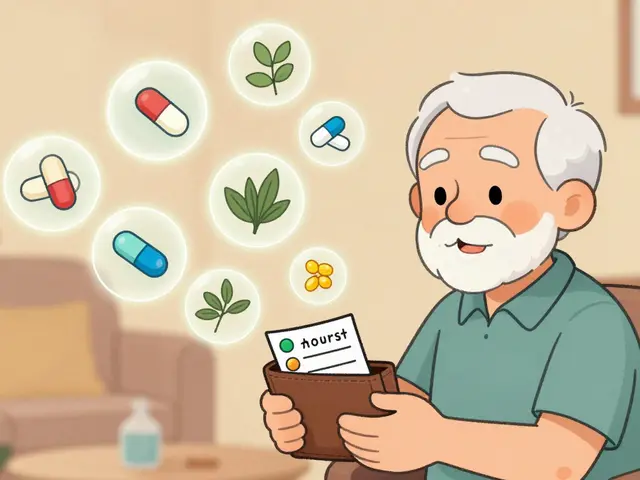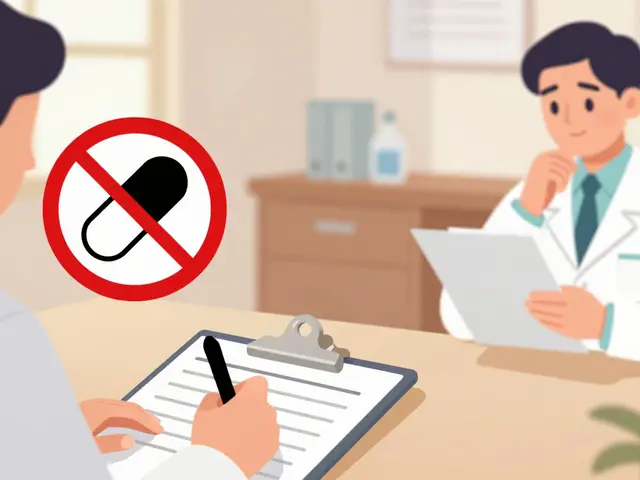Homeopathic Remedy: What It Is, How It Works, and What the Evidence Says
When people talk about a homeopathic remedy, a highly diluted substance used to trigger the body’s self-healing response based on the principle of "like cures like". Also known as homeopathy, it’s been used for over 200 years as an alternative to conventional medicine. Unlike pills that contain measurable doses of active ingredients, homeopathic remedies are often diluted so much that not a single molecule of the original substance remains. Supporters say the water "remembers" the substance and carries its healing energy. Critics say that’s not possible under known laws of physics and chemistry.
Homeopathic remedy products come in many forms — sugar pellets, liquid drops, creams — and are made from plants, minerals, or even animal products. Common ones include Arnica, a plant used for bruising and swelling, Allium cepa, made from red onion and used for runny noses, and Nux vomica, derived from the strychnine tree and used for digestive upset. These are often chosen based on symptoms matching the remedy’s profile, not the diagnosis. This is different from how most drugs work, where a specific chemical targets a known biological pathway.
People turn to homeopathic remedy options for all kinds of reasons — because they want something "natural," because they distrust pharmaceuticals, or because conventional treatments haven’t helped. Some use them for colds, allergies, teething pain, or even anxiety. But here’s the thing: large, high-quality studies — like those from the National Health and Medical Research Council in Australia and the UK’s House of Commons Science and Technology Committee — have found no reliable evidence that homeopathic remedies work better than a placebo. That doesn’t mean people don’t feel better after using them. Placebo effects are real, powerful, and can improve how you feel, even if the treatment itself has no active ingredient.
There’s also a safety issue. While most homeopathic remedies are harmless because they’re so diluted, some products on the market aren’t properly labeled or tested. A few have been found to contain dangerous levels of heavy metals or active drugs. And the biggest risk? Delaying proven treatments. If someone skips antibiotics for a serious infection because they’re using a homeopathic remedy instead, the consequences can be serious.
What you’ll find in the articles below isn’t a list of recommended homeopathic remedies. It’s a collection of clear, evidence-based guides on real medical conditions — from depression and thyroid issues to asthma, kidney disease, and antibiotic interactions. These posts help you understand what actually works, what doesn’t, and how to make smart choices when your health is on the line. You’ll see how real medications behave in the body, what side effects to watch for, and how to talk to your doctor about alternatives. Whether you’re curious about natural options or just trying to cut through the noise, these articles give you facts, not fluff.
Why Everyone is Talking About Pulsatilla: The Dietary Supplement That Delivers Results
Pulsatilla is a homeopathic remedy gaining attention for helping with hormonal shifts, emotional sensitivity, and stress-related digestive issues. Unlike vitamins or herbs, it works by stimulating the body’s natural balance-no chemicals, no additives. People report real results when their symptoms match its unique profile.






